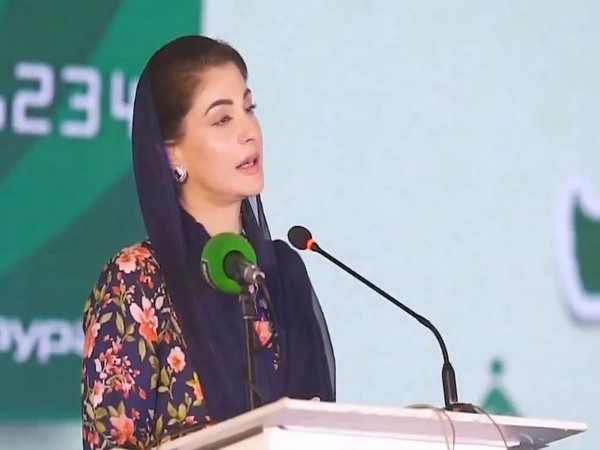Pakistan Punjab’s Chief Minister Maryam Nawaz has emphasised the importance of cross-border cooperation with Indian Punjab to address the increasing smog, describing the issue as a humanitarian crisis which requires joint action, Geo TV reported.
While addressing an event in Lahore on Wednesay, she suggested that she may write to her Indian counterpart to reiterate her commitment to “smog diplomacy”.
Nawaz had given out similar remarks earlier in this month as Pakistan continues to grapple with high pollution levels from the smog.
She asked the Indian side to have a “matching response” just like how Pakistan is taking steps to combat smog.
As per Geo TV, Maryam Nawaz called for collaborative efforts to tackle it effectively. “If both Punjabs do not join hands, then we cannot battle smog”, she said.
Earlier on October 29, the Air Quality Index (AQI) touched the mark 708 in Lahore and it topped the world map in the list of most polluted cities of the world, reported Dawn.
With PM2.5 concentrations spiking to 431 ug/m3–86 times higher than the World Health Organisation’s (WHO) annual safe limit–the health of millions of Lahore residents is increasingly jeopardised, Dawn reported.
Private air quality monitors across Lahore reported even higher AQI levels, with readings reaching a staggering 953 in Gulberg, 810 near Pakistan Engineering Services, and 784 on Syed Maratab Ali Road.
The Environment Protection and Culture Change Department (EPCCD) dismissed these readings, stating that government monitors use lower-cost sensors and that private data “could not be considered reliable,” reported Dawn.
The EPCCD also acknowledged Pakistan’s lack of comprehensive research into smog sources, admitting that official estimates of vehicular emissions range widely from 40 to 80 per cent of Lahore’s pollution load.
Contributing factors include 4.5 million motorcycles, over a million cars, and numerous factories and brick kilns, many operating without emission controls.
Experts stated that the severe pollution in Lahore can no longer be dismissed as seasonal, with hazardous smog persisting even in summer months, a sign of “systemic environmental mismanagement.”
The crisis stems not just from stubble burning but from uncontrolled vehicular emissions, outdated industrial practices, and ineffective environmental oversight.-ANI


